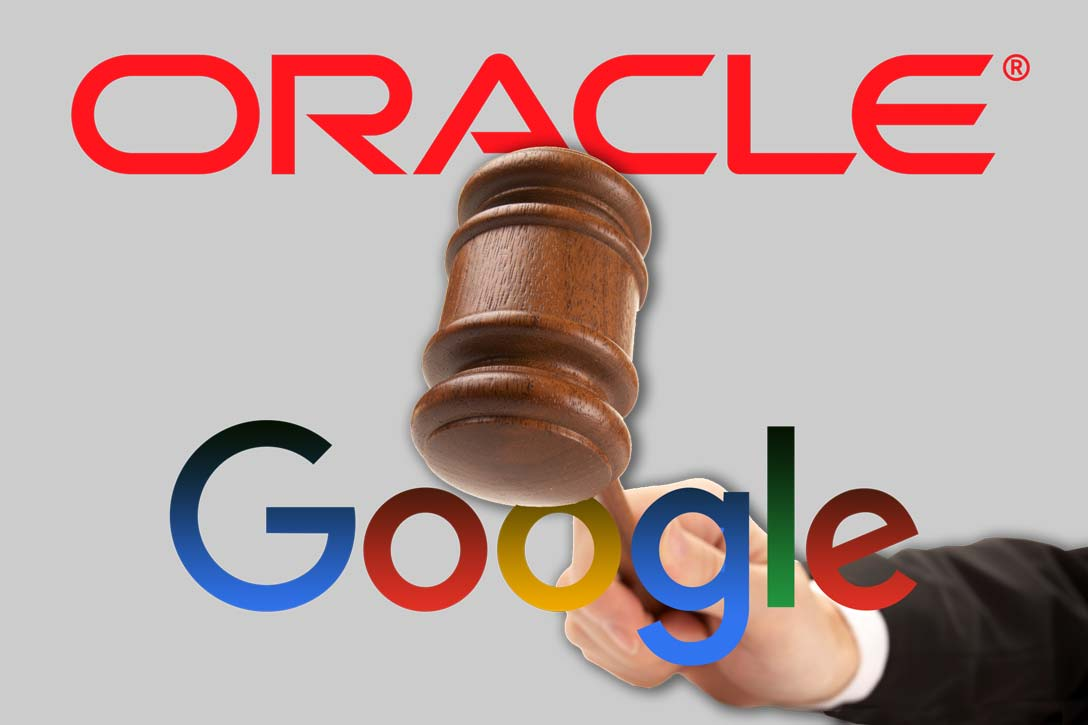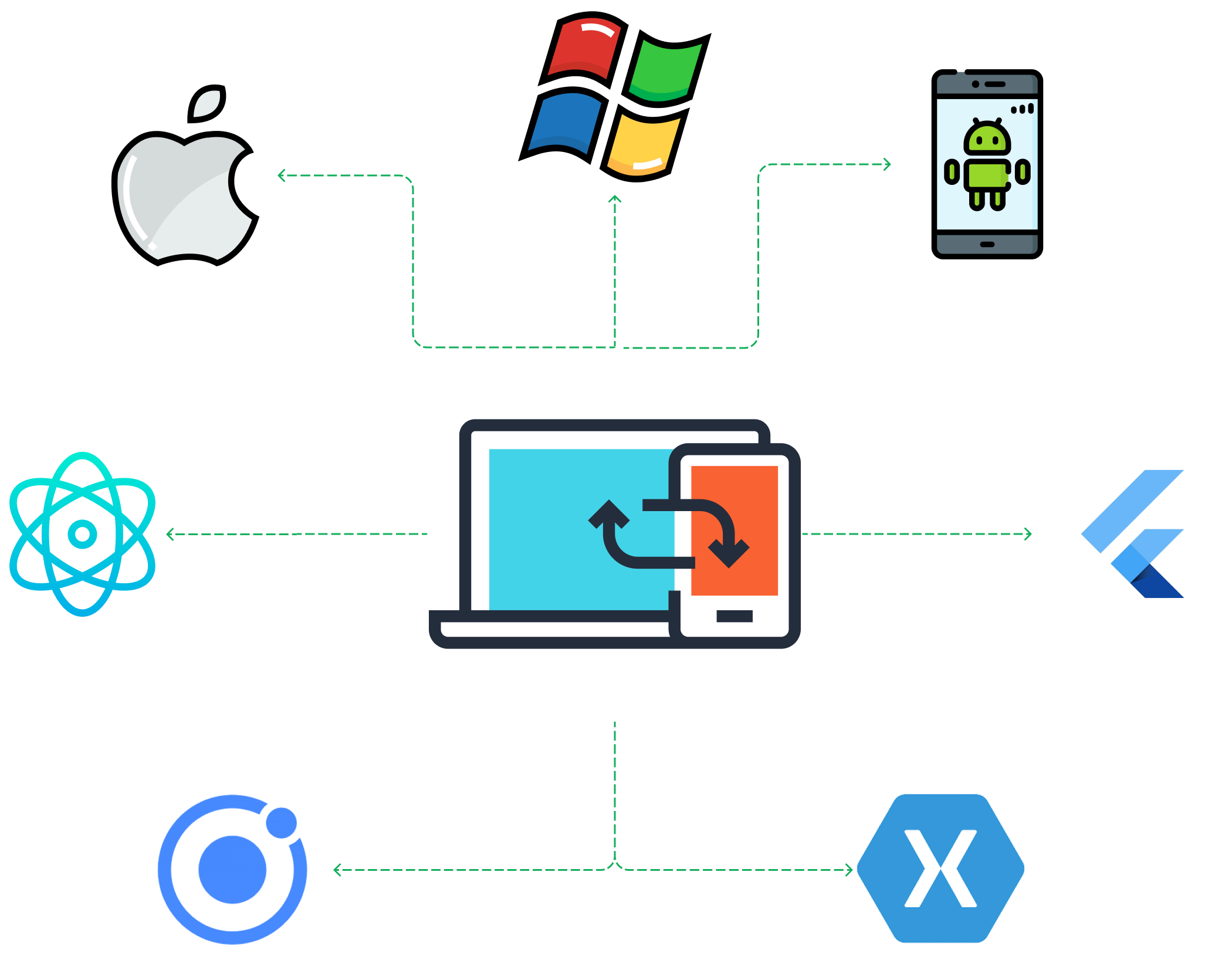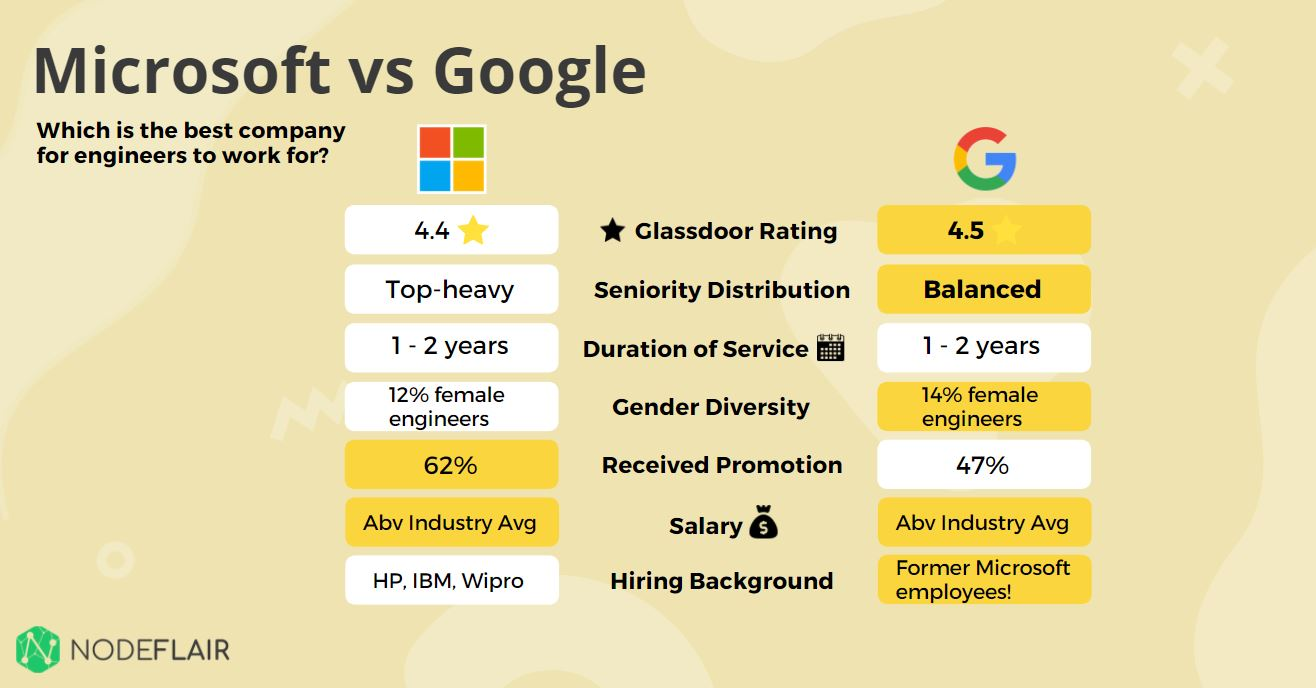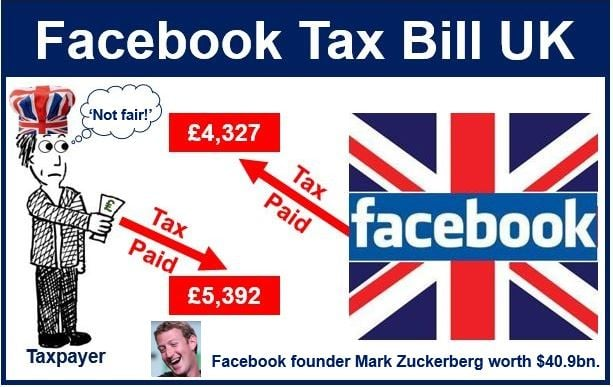The Oracle Google Java lawsuit has spotlighted a significant clash between two tech giants, as Oracle accuses Google of unlawfully copying Java code to develop Android. This ongoing legal battle, rooted in allegations of Android copyright infringement, has raised serious questions about the ownership and protection of programming languages and APIs. With the explosive growth of Google’s Android platform—encompassing smartphones, smart TVs, and other devices—Oracle claims that these actions have irreparably damaged the Java market. The heart of the dispute lies in the alleged theft of Android source code, which Oracle argues undermines its innovations and profitability in the software industry. As the case continues to unfold in court, it highlights the complex intersection of copyright laws and the rapidly evolving technology landscape.
In this monumental legal confrontation, Oracle has brought forth serious allegations against Google regarding the unauthorized use of its Java technology to create the Android operating system. The intricacies of the case involve claims of copyright violations pertaining to Java API structures, which Oracle argues directly impact its market standing and business operations. This situation illustrates how the widespread adoption of Android has significantly influenced the dynamics of mobile software development, elevating concerns about intellectual property rights in the tech sector. With a rich variety of products now being powered by Android, the implications of this lawsuit extend far beyond just the original claims of code infringement. As the world watches, this case will likely set important precedents for future cases involving digital content and technology usage.
The Legal Battle: Google vs. Oracle
The ongoing lawsuit between Oracle and Google epitomizes the complexities surrounding software copyright in the modern tech era. Oracle has accused Google of unauthorized use of Java code to build the Android operating system, which has dramatically influenced the mobile market since its launch. With the expansion of Android beyond smartphones into smart TVs, wearables, and other devices, Oracle argues that Google is undermining the value of the Java market through this alleged infringement.
The significance of this case extends beyond just the two tech giants; it touches on fundamental questions concerning copyright law as it applies to software and innovation. Both parties are leveraging legal precedents on copyright protections for programming interfaces, showcasing the nuanced intersection of software development and intellectual property law. The outcome of this case could alter how technology companies approach the use of APIs and open-source licenses going forward.
Oracle’s Claims of Market Deterioration
Oracle’s claims that Google’s actions have ‘destroyed’ the Java market highlight the broader implications of the Android platform’s dominance. As Android has proliferated in use across various devices, Oracle fears that their Java technology’s standing in the marketplace has diminished significantly. This sentiment is echoed in Oracle’s assertions that Google’s practices have systematically eroded the potential for Java as a viable alternative for mobile operating systems.
The assertion of market degradation is not simply traditional corporate rivalry; it encapsulates a struggle for the future of mobile computing. With Android’s ubiquitous presence, Oracle believes that the unauthorized use of the Java API has sent ripples throughout the tech landscape, affecting developers and corporations that rely heavily on Java’s integrity and innovation potential. This lawsuit is a critical juncture in determining the future viability of Java in an increasingly Android-dominated ecosystem.
The Implications of Java API Copyright
One of the core issues within the Oracle Google Java lawsuit revolves around the copyrightability of Java APIs. Oracle claims that Google’s use of 37 Java API packages without authorization constitutes copyright infringement, undermining Oracle’s investment in the platform. This legal contention raises vital questions about what constitutes fair use in the tech industry and whether APIs themselves can be copyrighted, a distinction that does not simply bear significance for these two corporations but for the industry at large.
As companies increasingly depend on API integration to foster innovation and interconnectivity, the outcome of this lawsuit could set critical legal precedents. If Oracle prevails, it may encourage a more protective stance towards API use across the industry, possibly leading to a restructuring of how developers approach API licensing and implementation. Conversely, a Google victory may reinforce the notion of fair use, further enabling developers to incorporate APIs without extensive litigative barriers.
The Expansion of Android and its Legal Consequences
With Android’s growth trajectory over the past decade, the legal implications surrounding its relationship with Java have gained massive importance. The rapid transition of Android from mobile phones to other electronic devices signifies a powerful transformation in how software platforms operate. As Google continues to expand its ecosystem, the complexities in its legal battles reflect broader challenges within copyright and intellectual property rights.
The outcome of the Oracle lawsuit could have far-reaching consequences, potentially dictating how companies within the tech industry navigate the murky waters of copyright infringement. As Android’s reach continues to grow, understanding the legalities tied to code and API usage will become increasingly crucial for developers and corporations alike.
Understanding Copyright Infringement in Software Development
Copyright infringement claims, particularly in software development, often generate significant discussions about ethical and legal boundaries in technology. In this instance, Oracle’s allegations against Google over Android’s use of Java code bring to light the complexities surrounding copyright laws as they apply to programming languages and software development frameworks. The nuances of these legal claims reflect a critical view on how industry players may realistically navigate their development practices moving forward.
Tech companies must weigh innovation against the potential for legal repercussions when utilizing established codebases or APIs in their products. As the Oracle Google Java lawsuit progresses, the industry watches carefully, knowing that the final verdict could reshape long-standing practices and influence how software is built, shared, and protected. This case serves as a pivotal reminder of the importance of intellectual property in fostering a balanced environment for innovation.
The Reaction of the Tech Community
The tech community is closely monitoring the developments in the Oracle Google lawsuit, with many expressing concerns about the implications it may have on software development practices. Developers and startups are particularly interested in how copyright rulings regarding the use of Java APIs may influence their ability to innovate without fear of legal backlash. The tension between protecting intellectual property and encouraging open use of software tools is a critical conversation highlighted by this case.
In response to Oracle’s claims, many industry voices advocate for a more open approach to development that fosters innovation rather than stifles it through litigation. This case has sparked discussions in the developer community about how they can create applications that respect copyright while still pushing the boundaries of technology.
Legal Precedents Impacting Software Copyright
The legal precedents set by previous cases involving copyright infringement will undoubtedly play a pivotal role in the Oracle Google Java lawsuit. Notably, the 2012 San Francisco jury’s decision highlighted the distinctions between copyright infringement and fair use, although the outcome of that case was ultimately inconclusive regarding the broader questions of copyright protection for APIs. Continual shifts in how courts handle these nuances will influence the interpretation of copyright law in the realm of software and technology.
Future rulings within this case could either strengthen copyright protections for programming interfaces or lean towards more lenient interpretations of fair use, allowing developers greater flexibility. These decisions will not only affect the parties directly involved but frame the context in which the entire software industry operates, especially as it relates to the intersection of innovation and intellectual property.
The Role of the Judiciary in Technology Innovation
As the Oracle Google Java lawsuit unfolds, the judiciary’s role in shaping technological innovation remains a hot topic. Courts are increasingly being tasked with interpreting existing laws meant for physical goods in the context of rapid technological advancements. This creates a unique challenge as judges navigate the complexities of both copyright law and the fast-paced tech environment.
The results of this case could redefine the relationship between legal structures and the ever-evolving landscape of software development. For many in the tech sector, the judiciary’s decisions will serve as crucial indicators of whether the legal framework can adapt to foster a culture of innovation without leaving developers vulnerable to the repercussions of copyright claims.
Future Outlook for Oracle and Google
Looking ahead, the implications of the Oracle Google Java lawsuit will shape not just the future of these two companies, but also the entire software industry. As Google has embedded itself deeper into various markets, the outcome of this lawsuit could determine how the company approaches its development strategies and its ongoing reliance on Java APIs.
For Oracle, the results could serve as a make-or-break moment for preserving its Java business in a highly competitive technology landscape. As companies assess the evolution of copyright law regarding software, the outcomes here will guide their strategic choices and partnerships in a bid to protect their innovations and market position.
Frequently Asked Questions
What is the Oracle Google Java lawsuit about?
The Oracle Google Java lawsuit centers on allegations that Google copied Java code to develop its Android platform, resulting in significant copyright infringement of Oracle’s Java APIs and impacting Oracle’s Java market share.
How does the Android copyright infringement relate to Oracle’s claims against Google?
Oracle claims that Android’s development involved copying thousands of lines of Java source code and its structure, which constitutes Android copyright infringement and undermines the value of the Java platform.
What are the implications of the Google Android lawsuit for the technology industry?
The Google Android lawsuit has significant implications, as a ruling against Google could set a precedent for how copyright laws apply to programming interfaces, potentially affecting numerous industries that rely on similar technologies.
How has Oracle’s Java market been affected by Android?
Oracle alleges that the rise of the Android platform, which has utilized Java APIs without authorization, has ‘irreversibly destroyed’ the Java market’s value as a mobile device operating system, impacting Oracle’s business.
What legal outcomes has the Oracle Google Java lawsuit seen so far?
The Oracle Google Java lawsuit has seen a jury ruling in 2012 for Oracle, determining copyright infringement but divided on fair use. Subsequent appeals have led to mixed outcomes, with debates on the protection of programming interfaces under copyright law.
What are the new developments in the Oracle Google Java lawsuit?
Recently, Oracle expanded its lawsuit to include new Android versions released since 2010, alleging continued copyright infringement through the copying of Java source code in these updates.
Why is the Oracle Google Java lawsuit considered significant?
This lawsuit is significant due to its implications for copyright law concerning APIs, which could impact how software developers use existing code in new applications, potentially reshaping the landscape of software development.
How does Oracle intend to resolve the Oracle Google Java lawsuit?
Oracle seeks a declaratory judgment, an injunction against further infringement, monetary damages, and recovery of its legal costs, aiming to protect its Java APIs and restore value to its Java market.
| Key Points | Details |
|---|---|
| Accusation Against Google | Oracle claims Google copied Java code to develop Android. |
| Impact on Oracle | Android’s growth has negatively affected Oracle’s Java business. |
| Legal Action | Oracle has taken legal action against Google for copyright infringement. |
| Broadening Scope | Oracle’s lawsuit now includes six new Android versions released since 2010. |
| Statement from Oracle | Oracle accuses Google of destroying Java’s fundamental value proposition. |
| Legal Outcome | A jury ruled Google infringed Oracle’s copyright, but the case has seen various appeals. |
Summary
The Oracle Google Java lawsuit is a significant legal battle stemming from accusations that Google illegally copied Java code to develop its Android platform. With Oracle’s claims that this infringement undermines the value of its Java business, the case has evolved and broadened to include newer Android versions. Despite earlier rulings partially in Google’s favor, the dispute underscores ongoing concerns regarding copyright law in the tech industry and its impact on innovation. As more devices embrace the Android ecosystem, the implications of this lawsuit could influence the future development of software platforms.




